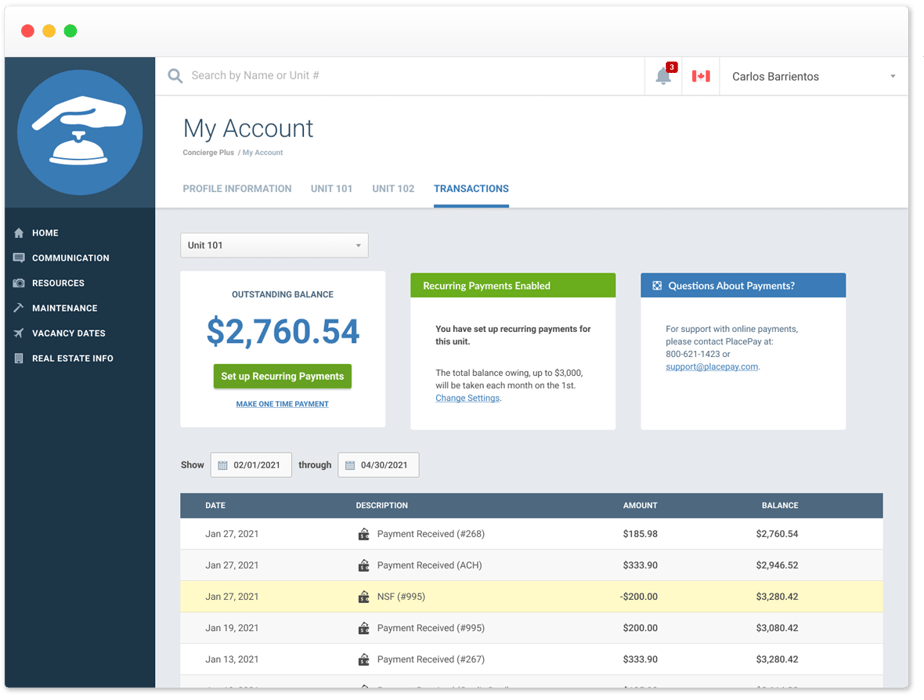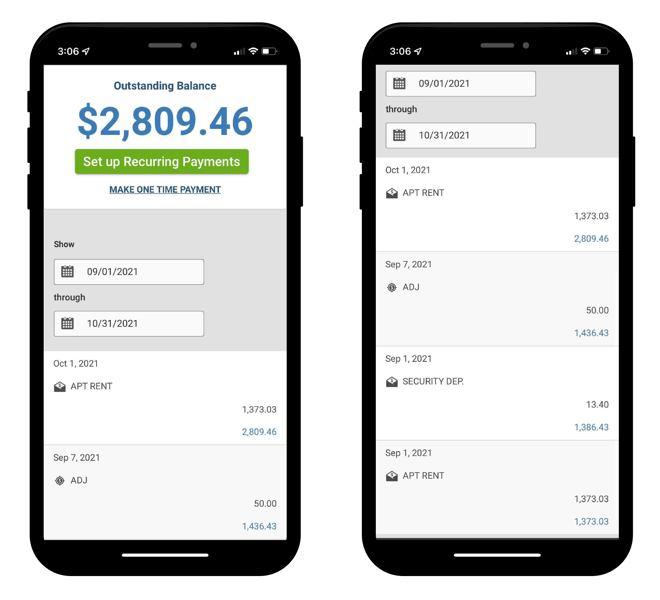The age of a CommunityAssociation opting not to fund reserves is coming to an end, and some homeowners could be facing a steep rise in assessments. Becker Shareholder Howard Perl surveys the landscape and offers a few suggestions of how to prepare.
After the Surfside tragedy, everyone wanted to know how such a tragedy could happen and what steps could be taken to avoid similar incidents in the future. What caused the collapse? Could it have been avoided? Why were repairs not made? Why did local governments allow repairs to drag on? Why were repairs not made in a timely fashion? Unfortunately, none of these questions can be answered quickly, and proper answers will require years of study and analysis.
The above questions, and attempts to enact legislative reform to address some of these questions, were a hot topic for the Florida legislature this year. Several counties and the Florida Bar convened task forces in the aftermath of the Surfside tragedy. Primary among the suggested legislative changes for multifamily buildings were periodic engineering inspections, reserve studies, and reserve funding mandates. While all agreed generally in regard to these reforms, at the end of the day, the Senate and House could not agree on the reserve funding issue and, as a result, nothing passed. Currently Florida law can allow for owners to opt to fund less than required reserves, or no reserves. Most legislative proposals included mandatory reserve funding of one type or another. The sticking point was how quickly to implement such mandatory reserves, without the option of owners being able to waive such requirements. Whether to implement immediately, effective in 2022, or over the next three or five years, to allow a gradual implementation, is ultimately what led to nothing being passed. Rather than compromise, which seems to be a forgotten word in Tallahassee these days, legislators could not, or refused, to come to an agreement for the benefit of all condominium and cooperative residents in Florida.
These issues are certain to be re-examined next year. As such, your association should begin recognizing what is most likely coming down the pike and preparing the association and its residents now. Most likely the days are gone when owners will have an opportunity to fully waive reserves. I anticipate mandatory reserve funding of some type will be implemented. Whatever version is implemented, the result will be an increase in annual maintenance assessments. Depending on what is implemented and your association’s current reserve funding situation, some owners may be looking at a significant increase in your 2024 assessments (as the laws I am discussing would be passed in 2023, and most likely effective for the 2024 association budget).
The association should be anticipating and working on these items now. For example, some sort of reserve study requirement is most likely coming. Budget for one now. Get proposals now. Have the study done now. Once mandated by statute, demand will go up, availability will go down, and of course prices will go up. We are seeing exactly that scenario now in regard to structural engineers and 40/50-year recertifications.
In regard to reserve funding, take a good look at your reserve schedules. Get updated estimates of repair costs. Factor in inflation when projecting 10 and 20 year replacement items such as painting, roofing, etc. Any effort to increase your 2023 reserve balances will help lessen any blow of 2024 mandated reserves. Explain these issues to your residents now. Many associations are understandably involved with 40/50-year recertification requirements and other life-safety related issues. Obviously these issues need to be addressed immediately and on an expedited basis. But associations and their members should keep their eye on long-term remedial requirements as well. More oversight; more required inspections; more required repairs; and more required reserves. All of these are good things for 40–50-year-old buildings in a saltwater environment in Florida.
The outcome of the 2022 legislative session once again underscores the inherent problem when all community association ideas are placed in only one omnibus bill. Until our legislators acknowledge this problem and start using stand-alone bills for important proposals, there is always the risk that needed reforms will not pass.
Contact your legislators, tell them you welcome these types of reforms, but they need to be addressed as needed, not all under one take it or leave it omnibus bill. Work with your association leaders on the above discussed items. Don’t be surprised by increased annual assessments, special assessments, and other upcoming expenses. They are coming. Prepare now.
Howard Perl is a Shareholder in Becker’s Community Association practice and has been involved in all aspects of community association law, including transactional, collections, mediation, arbitration, construction defects and litigation. He is also Florida Bar Board Certified in Condominium & Planned Development Law.













 The Jansen Family have been serving the homeowner and construction industry of the Florida Gulf Coast from Fort Meyers to North Tampa, Tarpon Springs and the Islands since 1973. In 2002, Phillip Jansen and his son Travis opened Jansen Shutters & Windows with the intention of providing the best hurricane protection necessary to ensure the safety of your family and business.
The Jansen Family have been serving the homeowner and construction industry of the Florida Gulf Coast from Fort Meyers to North Tampa, Tarpon Springs and the Islands since 1973. In 2002, Phillip Jansen and his son Travis opened Jansen Shutters & Windows with the intention of providing the best hurricane protection necessary to ensure the safety of your family and business.





